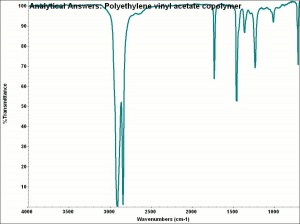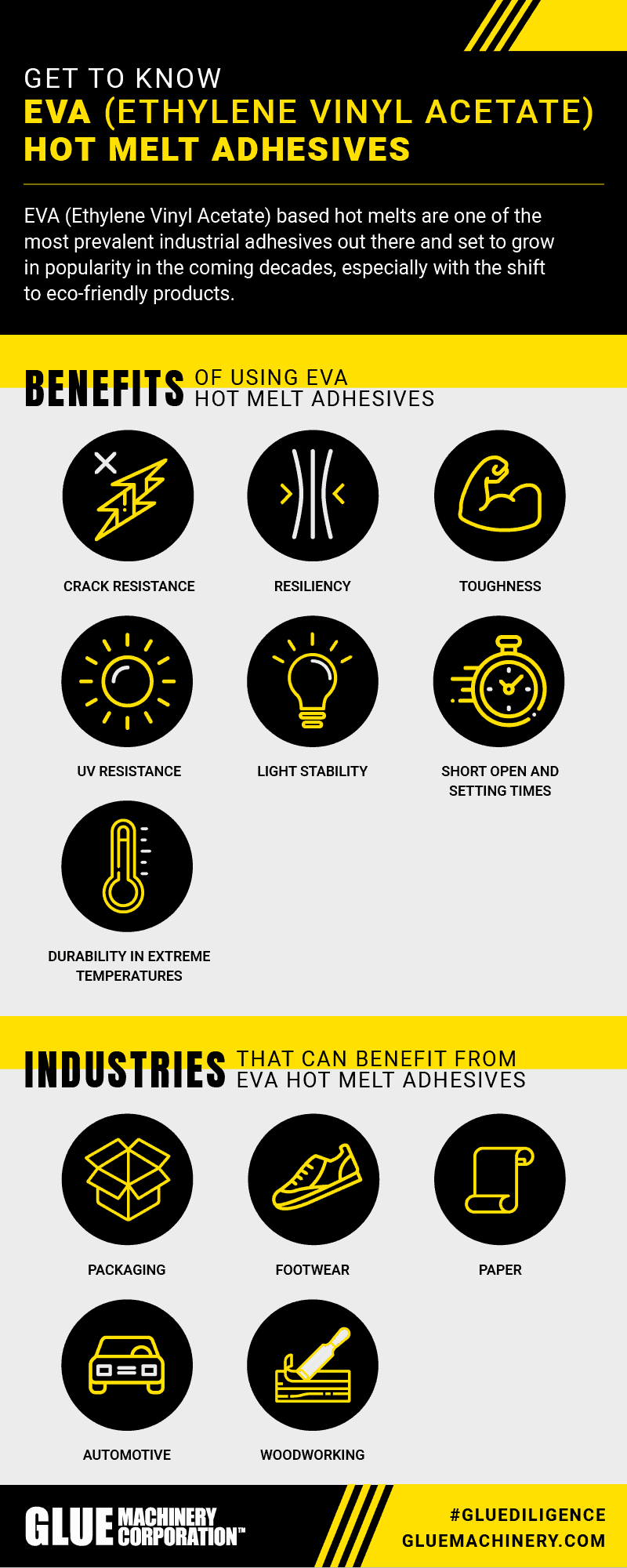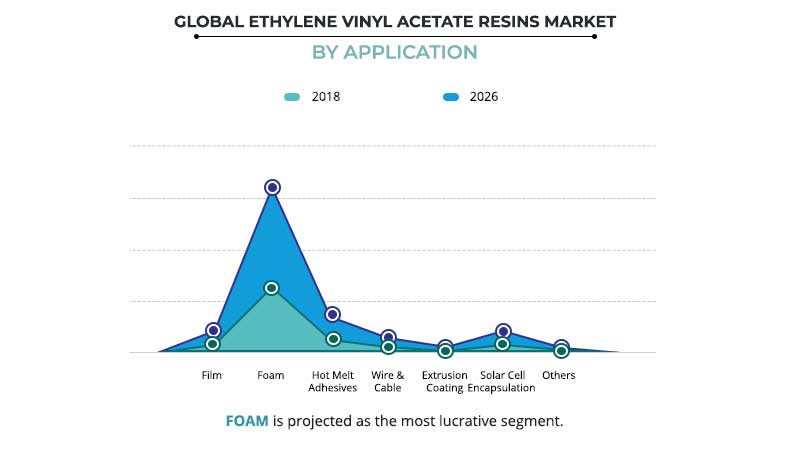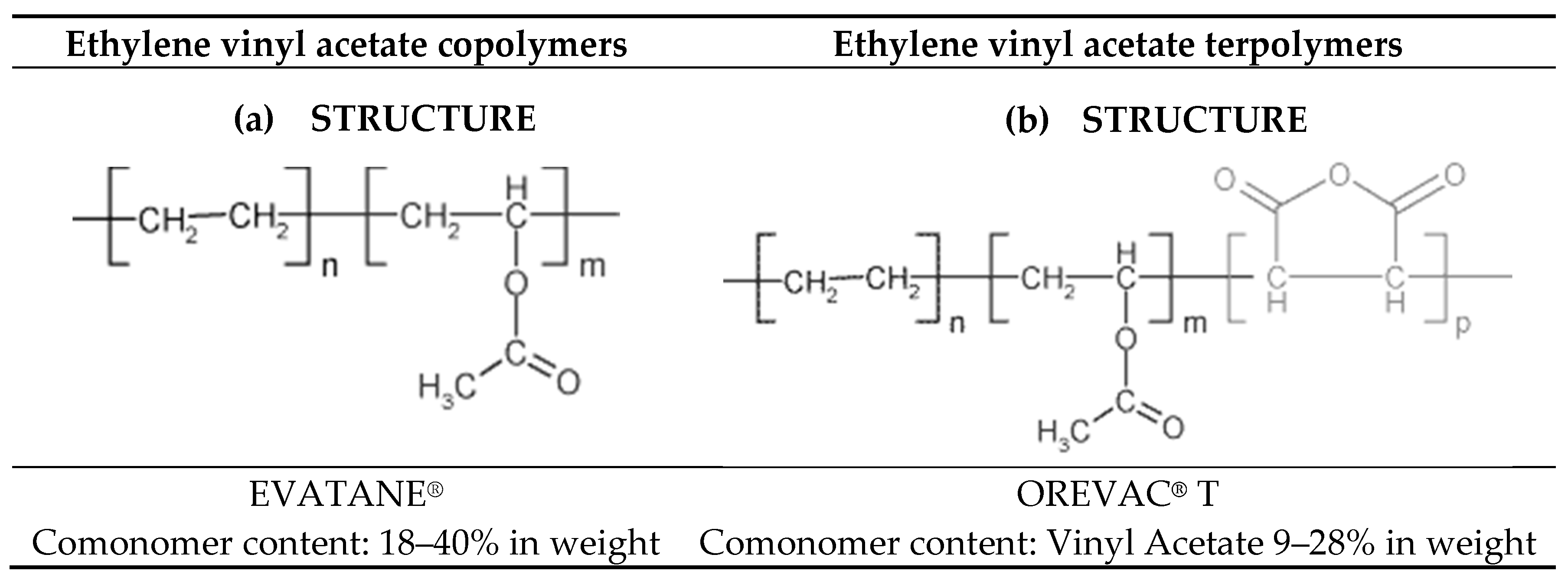Dies are recommended since at sustained melt temperatures above 455 f 235 c ethylene vinyl acetate eva resins may thermally degrade and release corrosive by products.
Ethylene vinyl acetate melting temperature.
8 10 ethylene vinyl acetate eva.
George wypych in handbook of odors in plastic materials second edition 2017.
It is normally categorized by percent va content and melt flow rate mfr or melt index mi.
The food and drug administration fda has stated that ethylene vinyl acetate is safe when used in food production packaging or transportation and it s not an especially dangerous material.
1 201 767 0743.
There are three different types of eva copolymer which differ in the vinyl acetate va content and the way the materials are used.
It is the basis of many hot melt adhesives when blended with a petroleum wax and a resin tackifier.
Whereas evas are solid materials used for hot melt and plastic molding applications.
Most commonly used evas contain between 19 and 28 va.
The weight percent of vinyl acetate usually varies from 10 to 40 with the remainder being ethylene.
Ethylene vinyl acetate copolymer does not have an acid odor if it is not thermally degraded.
1 201 767 0414 fax.
Also it imparts plastic like properties that enable wax to compete effectively with high quality polymeric coatings.
1 dewolf rd suite 210 old tappan nj 07675 usa tel.
Eva ethylene vinyl acetate this copolymer resin can be used in adhesives sealants and coatings.
Eva hot melt adhesive is a 100 solid transparent flexible ethylene vinyl acetate copolymer.
Ethylene vinyl acetate known as eva is the copolymer of ethylene and vinyl acetate.
The mi values are mostly ranging from 3 to 2500.
Fda status information elvax 460a resin complies with food and drug administration regulation 21 cfr 177 1350 a 1 ethylene vinyl acetate copolymers subject to.
Vinyl acetate ethylene vae emulsions are based on the copolymerization of vinyl acetate and ethylene in which the vinyl acetate content can range between 60 and 95 percent and the ethylene content ranges between 5 and 40 percent of the total formulation.
47 but elevated temperature and presence of some additives for example high amounts of clay cause the production of pungent acetic acid odor which is a product of thermal degradation.












.jpg)















.jpg)